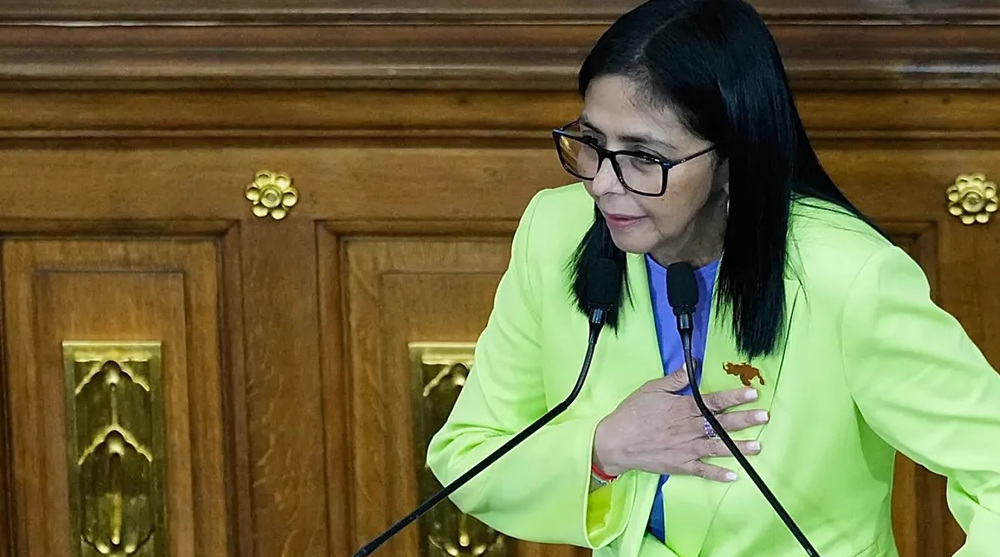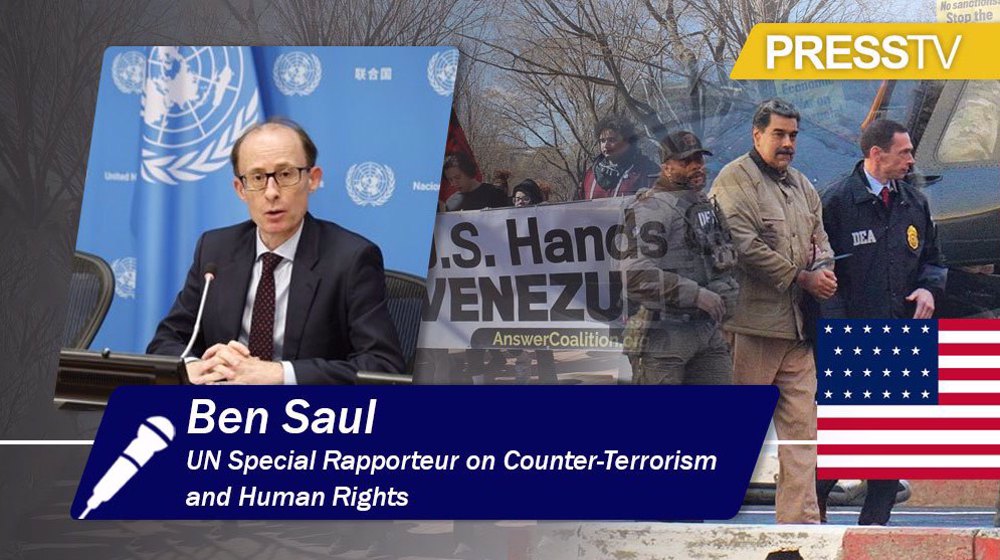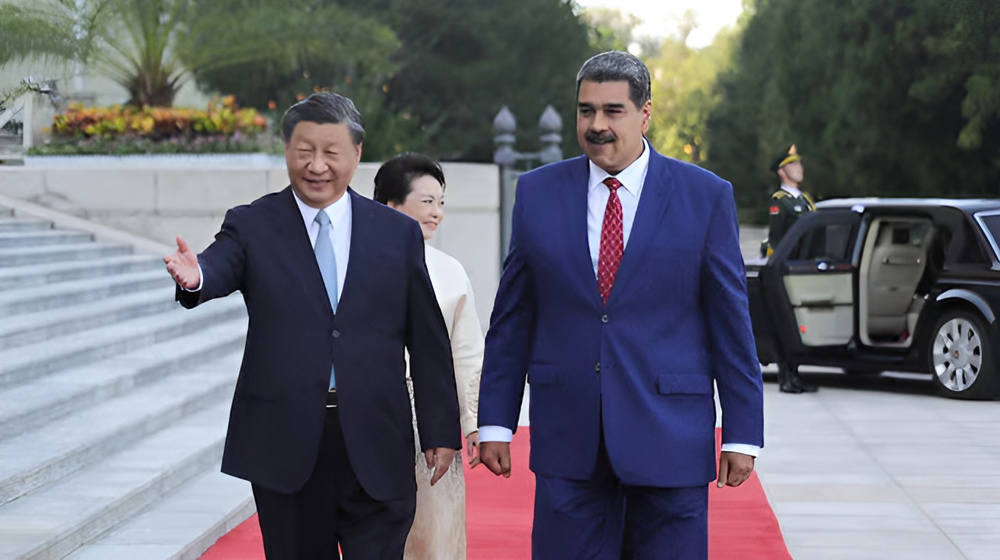2-day strike called by opposition due to start shortly in Venezuela
A two-day strike is due to begin shortly in Venezuela in an attempt by the opposition to increase pressure on President Nicolas Maduro to abandon an upcoming vote for a super-congress with powers to rewrite the constitution.
The strike will start early Wednesday morning Venezuela time “to paralyze this country,” said opposition lawmaker Juan Requesens.
“We have shown Nicolas Maduro and his group [that] there is no love for them anywhere in Venezuela or the world,” he said.
However, it was not clear how many people would heed the opposition call for the strike. In a similar move last week, several millions of people went on a strike also called by the opposition in the country of roughly 31 million.

The opposition has been pressuring Maduro to revoke the decision to hold a vote to elect a 545-seat Constituent Assembly on July 30. The opposition, which has boycotted the election, says the assembly would institutionalize autocracy in the country.
Despite opposition pressure and a threat by the United States to slap more sanctions on the country, Maduro reiterated his determination on Sunday to go ahead with the election. He claimed it had been designed to put powers in the hands of ordinary people.

“We are going to decide between war and peace, the future or the past, the sovereign power of the people or the imperialist, oligarchical coup,” he said.
Opposition magistrates detained
As the political turmoil in the country escalates, intelligence agents continue to arrest judges named by the opposition-controlled National Assembly to an alternative Supreme Court.
Opposition magistrates Rojas Torres and Zuleima Gonzalez were arrested on Tuesday and were taken into custody by agents in Anzoategui, a state in northeastern Venezuela, according to the National Assembly.
Another of the new judges, Angel Zerpa, had been arrested on Saturday.
The three are among the 33 judges appointed on Friday as alternatives to the current government-allied Supreme Court.
Venezuela’s court immediately announced the appointments unconstitutional.
Crossing the border into Colombia
Thousands of Venezuelans are, meanwhile, crossing the border into neighboring Colombia in the run-up to Sunday vote, during which more violence is expected.

Some of them plan to stay in Colombia for some time while others are returning with overloaded suitcases filled up with food and other basic supplies.
“We had to move our trip forward because of the elections on Sunday,” said a fleeing woman. “Honestly, we don’t know what’s going to happen, so to be safe, we prefer to leave.”
Minneapolis murders by ICE – backed by Trump – push US to the brink as protests intensify
Zelensky claims US security pact '100% ready' as war continues
Lebanese journalist tageted for exposing President Aoun’s pro-US, anti-resistance agenda
Wave of Israeli attacks target southern Lebanon in latest ceasefire violation
Iranian researchers develop indigenous software for precise satellite positioning
Iran vows deterrent response to any aggression amid US, Israeli threats
VIDEO | Press TV's news headlines
US pressure contributing to Israeli influence in Latin America: Experts














 This makes it easy to access the Press TV website
This makes it easy to access the Press TV website